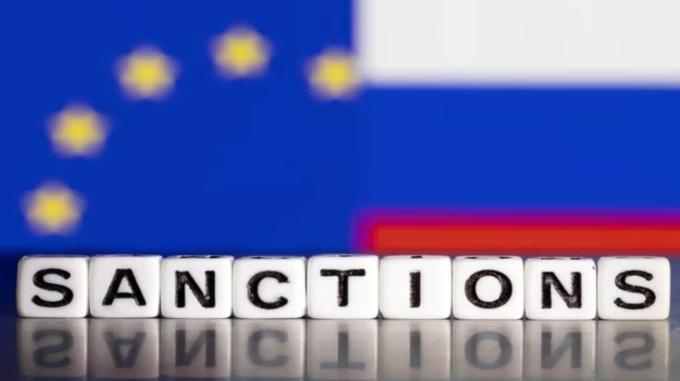EU extends sectoral sanctions against Russia for another six months: details and prospects

The European Union has extended sectoral sanctions against Russia for another six months – this decision was made by the Committee of Permanent Representatives (Coreper), confirms a source of "Europrava" well-informed in diplomatic circles. This means that the restrictions will remain in force until the beginning of 2024, preventing the Russian economy from fully recovering from the sanctions measures, which have had a significant impact on its key sectors for several years. According to information, on June 26, the leaders of the European Union reached a political agreement on the extension of these sanctions, but have not yet reached an agreement on the introduction of a new package of restrictions, which indicates another stage of complex intra-European discussions. The interlocutor of "Europrava" explained that on the same day, Coreper actually confirmed the extension of the sanctions for another six months. These are special measures for targeted sectors of the Russian economy – energy, finance, defense and others, operating in areas that have the greatest impact on Russia’s ability to wage war and support its economy. The background to this long-term struggle is public statements by politicians from EU member states. For example, on June 23, Slovak Foreign Minister Juraj Blanár announced his support for the 18th package of sanctions against Russia, and also stressed the need to receive guarantees and support from the EU to mitigate the negative consequences for his country in connection with the suspension of Russian energy supplies. In his statements, Blanár emphasized that his country understands the importance of maintaining a unified position and effective sanctions to pressure the regime in the Kremlin, but in this process, one should not forget about social and economic challenges. Latvian Prime Minister Evika Silinė also commented on the situation, stressing that although the 18th package of sanctions had not yet been finally approved as of June 26, her country would continue to work hard to introduce new restrictions. She did not rule out that the approval process could be delayed, but the Latvian authorities are not going to abandon the idea of strengthening the sanctions regime in order to exert maximum pressure on Russia and support Ukraine. Regarding future steps, it is important to note that the main platform for discussing further sanctions measures and trends is the European Council, which will meet on June 26-27. There, in addition to the issue of sanctions, other strategic areas of cooperation will be discussed, in particular, regarding Ukrainian membership in the EU and possible changes in policy towards Russia. The question of what new restrictions can be expected and what compromises need to be reached for their adoption is still on the agenda. Media analysis of the situation points to the internal and geopolitical challenges facing the European Union. At the same time, the long path to strengthening sanctions measures, taking into account internal disagreements and geopolitical interests, remains difficult and unpredictable. Changes in political sentiment in member states, new diplomatic initiatives and challenges arising from Russia and its allies will determine the further development of this area. Therefore, the continuation of sanctions is an important component of the European strategy for pressure on Russia in the context of the war in Ukraine and global security. However, whether the EU member states will be able to agree on new packages of restrictions and how quickly they will be implemented depends on diplomatic negotiations and intra-European coordination in the coming months.

